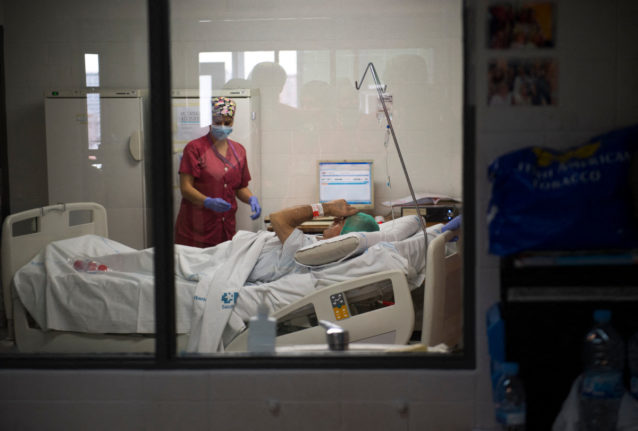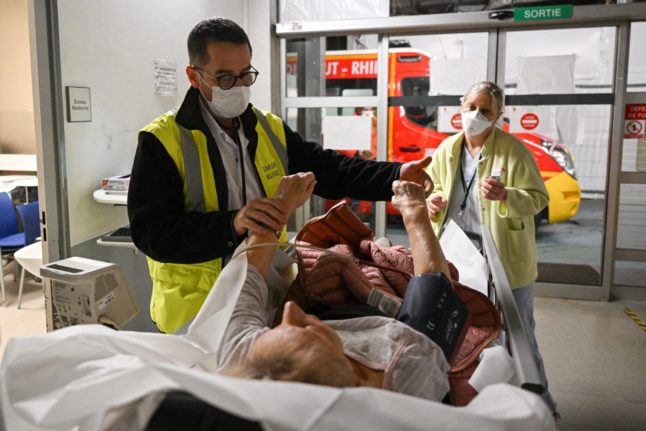All foreigners in Spain (those with residency papers and those who are undocumented) technically have the right to public healthcare assistance, according to Spanish law.
However, when it comes to non-EU nationals, this universal ‘right to healthcare’ may only apply in practice to medical emergencies, while access to all other public healthcare services will depend on your residency status.
For example, a third-country national from the UK or the US that moves to Spain on a temporary residency visa will not be able to register with a public doctor for the first five years initially unless they are:
- Employed or self-employed and therefore paying social security contributions.
- Able to register a social security exchange form that grants them right to public healthcare in Spain (such as the S1 form for Brits in Spain).
- Paying into the convenio especial social security scheme that gives access to public healthcare after one year living in Spain.
READ MORE: The pros and cons of Spain’s ‘convenio especial’ healthcare scheme
If you don’t meet this criteria, you will have to get private health insurance cover for your first five years of residency in Spain, which will be a requirement even when applying for your temporary visa (non-lucrative visa, digital nomad visa etc).
READ ALSO: The best private healthcare for foreigners in Spain
Free public healthcare with permanent residency?
After five years living continuously in Spain, you will be able to apply for permanent residency which will theoretically give you the right to public healthcare without the need to pay for it or private healthcare anymore.
That is what the healthcare in Spain section on gov.uk states, as does the Spanish branch of International Organization for Migration (IOM), who say that applying for permanent residency will give you access to state healthcare – la sanidad pública – on the same basis as a Spanish citizen.
However, on online forums Citizens Advice Bureau Spain and Brexpats in Spain, commentators have said that getting public healthcare on permanent residency without paying social security appears to be at the discretion of the regional healthcare systems.
Whilst Murcia may not allow it, Valencia and Andalusia will – another example of how the interpretation of the rules in Spain can vary depending on who you ask and where you are; but it’s still worth a try.
According to IOM, once you’re a permanent resident, you need to register at your local INSS social security office.
You may need to show a ‘legislation letter’ (‘documento de no exportación’ in Spanish) stating that you are not covered by your home country for healthcare. You can request this from your country’s healthcare services.
The INSS will give you a document which you need to take to your local health centre.
Remember that if your country pays for your healthcare, you cannot register for healthcare as a permanent resident.



 Please whitelist us to continue reading.
Please whitelist us to continue reading.
Member comments